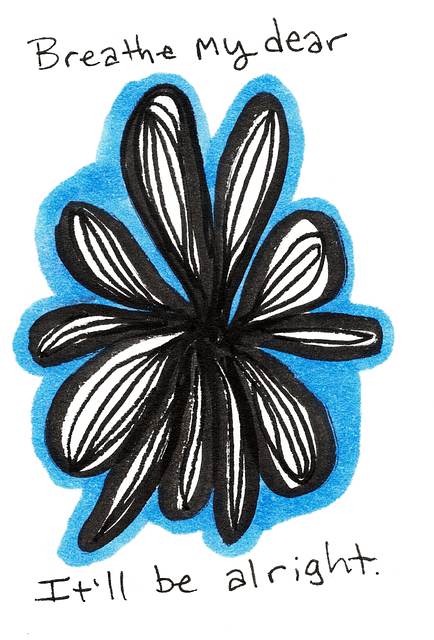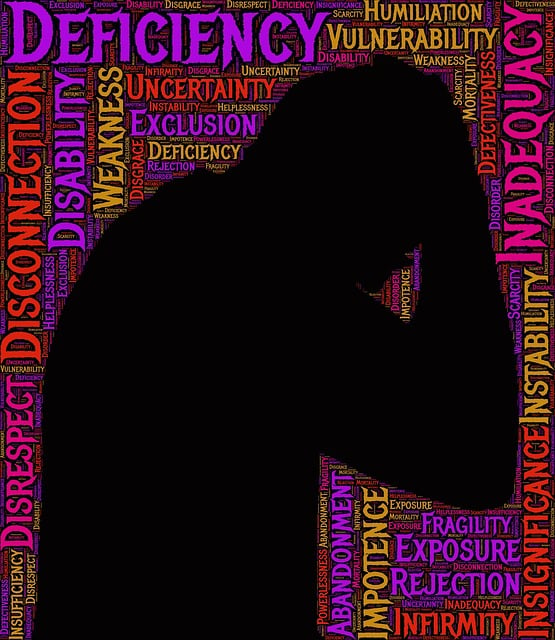Louisville's sexual abuse survivor therapy landscape is shaped by its diverse community and unique cultural, socioeconomic factors. To address these needs effectively, implementing Mind Over Matter principles in therapy and outreach initiatives creates safe environments for healing. Key strategies include public education, creative workshops, burnout prevention for healthcare providers, and building trust through open dialogue. Effective communication tailored to diverse audiences, cultural sensitivity training, and mental wellness coaching programs foster trust and participation rates. The success of these outreach programs is evaluated qualitatively and quantitatively, focusing on enhanced access to resources, improved coping mechanisms, and better social integration. Refinements are made based on feedback from survivors and professionals, ensuring tailored, effective care that promotes holistic healing and mental health awareness.
Louisville, like many cities, faces the challenge of providing adequate support for sexual abuse survivors. This article explores the crucial role of community outreach programs in addressing this pressing issue. We delve into understanding the unique therapy needs of survivors, designing tailored programs, and building supportive networks.
Through effective collaboration and strategic communication, Louisville can offer accessible and impactful services. Learn how to measure success and continuously enhance support for sexual abuse survivors in the city.
- Understanding Louisville's Sexual Abuse Survivor Therapy Needs
- Designing Comprehensive Community Outreach Programs
- Building Trust and Fostering Collaboration
- Implementing Effective Communication Strategies
- Measuring Success and Continuously Improving Services
Understanding Louisville's Sexual Abuse Survivor Therapy Needs

Louisville, like many cities across the nation, has a community with diverse needs when it comes to sexual abuse survivor therapy. Understanding these needs is crucial for implementing effective outreach programs that cater to survivors and offer the support they require. The city’s landscape is unique, with various cultural and socioeconomic factors influencing access to healthcare services, including Trauma Support Services.
One key aspect to consider is the importance of Mind Over Matter Principles in fostering a supportive environment for sexual abuse survivors. By integrating these principles into therapy sessions and outreach initiatives, healthcare providers can create safe spaces that encourage healing. Additionally, providing Healthcare Provider Cultural Competency Training ensures that professionals are equipped to address the specific challenges faced by Louisville’s diverse population, thereby enhancing the overall effectiveness of survivor therapy programs.
Designing Comprehensive Community Outreach Programs

Designing comprehensive community outreach programs requires a multi-faceted approach that addresses both immediate and long-term needs. In cities like Louisville, where sexual abuse survivor therapy is vital, these initiatives must encompass public awareness campaigns that destigmatize conversations around sensitive topics while emphasizing resources available to victims. Through creative strategies, such as interactive workshops, storytelling sessions, and targeted advertising, communities can foster an environment of support and understanding.
Community outreach program implementation should also incorporate burnout prevention strategies for healthcare providers who offer these services. This includes ensuring access to mental health resources for frontline workers, regular training on trauma-informed care, and building partnerships with local organizations to share workloads. Balancing the needs of survivors and support systems while mitigating provider fatigue is key to creating sustainable, impactful programs like Louisville Sexual Abuse Survivor Therapy.
Building Trust and Fostering Collaboration

Building trust is a cornerstone when implementing community outreach programs, especially those focusing on sensitive issues like sexual abuse survivor therapy in Louisville. Establishing rapport and understanding within the community takes time and consistent effort. Organizations must demonstrate their commitment to addressing local needs, ensuring confidentiality, and providing non-judgmental support. By fostering open dialogue and actively listening to community members’ concerns, outreach programs can create a safe space for survivors to share their stories and seek help. This collaborative approach not only builds trust but also empowers individuals to take charge of their mental wellness.
Collaboration is key to creating sustainable change. Effective outreach involves partnerships with local healthcare providers, social services, and community leaders who can offer diverse perspectives and resources. Integrating stress reduction methods and crisis intervention guidance tailored to the community’s unique challenges can significantly impact survivors’ recovery journeys. Moreover, developing mental wellness coaching programs that are culturally sensitive and accessible will encourage participation and ensure that support continues beyond initial outreach efforts.
Implementing Effective Communication Strategies

Effective communication is a cornerstone when implementing community outreach programs, especially those focusing on sensitive issues like Louisville Sexual Abuse Survivor Therapy. Success lies in tailoring messages to diverse audiences while ensuring confidentiality and trust. Mental health professionals should use plain language, avoid jargon, and employ multiple channels such as workshops, webinars, and social media platforms tailored to each community’s preferences.
Cultural sensitivity plays a crucial role in engaging various communities. Training in Risk Management Planning for Mental Health Professionals is essential to navigate potentially challenging conversations. Incorporating Mental Wellness Coaching Programs Development can empower individuals within the community to take charge of their mental health. By demonstrating Cultural Sensitivity in Mental Healthcare Practice, outreach programs foster trust and increase participation rates, ultimately enhancing access to support for all survivors.
Measuring Success and Continuously Improving Services

Evaluating the success of community outreach programs like Louisville Sexual Abuse Survivor Therapy goes beyond simple numbers. It involves assessing the qualitative impact on participants’ lives, such as increased access to mental health resources, enhanced coping mechanisms, and improved social integration. By collecting feedback from survivors and healthcare professionals alike, organizations can gain valuable insights into what works well and where improvements are needed.
This data-driven approach, coupled with regular risk assessments for mental health professionals, ensures that services remain effective and tailored to the evolving needs of the community. Integrating programs like Social Skills Training within these outreach initiatives fosters a holistic healing process, enhancing mental health awareness and overall well-being among those affected by sexual abuse.
Community outreach programs play a pivotal role in addressing Louisville’s Sexual Abuse Survivor Therapy needs. By understanding the local landscape, designing comprehensive initiatives, building trust, implementing effective communication, and continuously improving services, we can significantly enhance support for survivors. These strategies ensure that resources reach those who need them most, fostering healing and recovery within the community.














